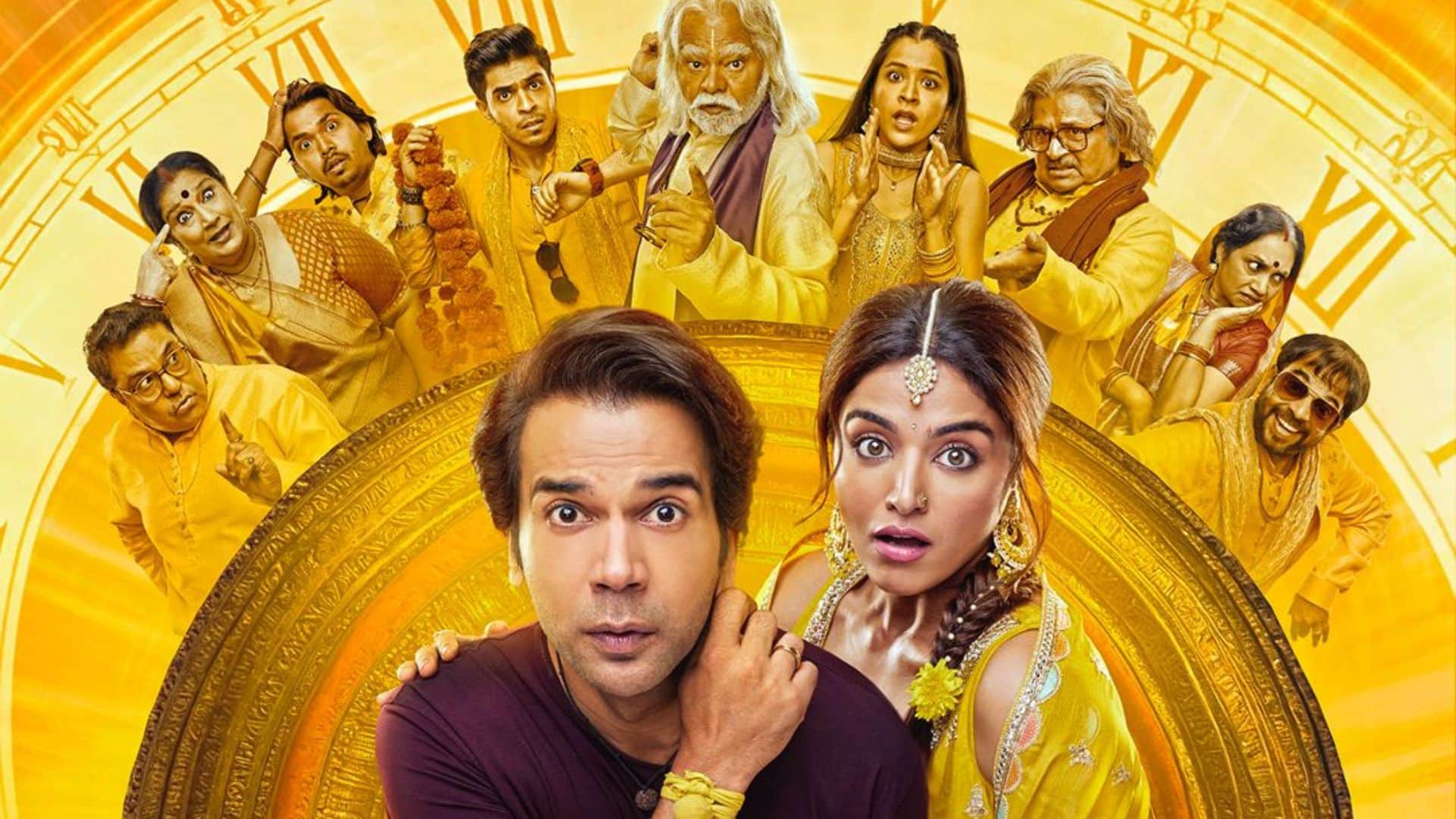Unpacking the Legal Battle: Dinesh Vijan Takes on PVR

The legal dispute surrounding the upcoming film Bhool Chuk Maaf has taken a significant turn. On May 14, PVR Inox and Maddock Films reached an agreement that will allow the film, starring Rajkummar Rao and Wamiqa Gabbi, to hit theaters on May 23. However, the industry is abuzz with the revelation that the romantic comedy may also be available on Amazon Prime Video just two weeks later, on June 6, raising concerns about the implications for theatrical releases.
Legal Battle Overview
The conflict began when PVR Inox took legal action against Dinesh Vijan of Maddock Films after the latter attempted to cancel the film’s theatrical release in favor of an immediate OTT debut. Initially, it was believed that Vijan would seek an out-of-court settlement, but he was determined to fight the case. Sources indicate that Vijan was prepared to escalate the matter to the Supreme Court if the Bombay High Court ruled against him. This unexpected resolve from Vijan prompted PVR to negotiate a settlement, ultimately leading to the agreement that *Bhool Chuk Maaf* would first be released in cinemas before transitioning to Amazon Prime Video.
The negotiations were complex, with Vijan initially proposing a simultaneous release on both platforms. However, after discussions facilitated by the court, both parties settled on a theatrical release followed by a two-week wait before the film could be streamed online. This decision has raised eyebrows, especially considering PVR’s earlier demand for Rs. 60 crores in damages for breach of contract, which has since been withdrawn.
Industry Reactions
The resolution of this legal dispute has sent shockwaves through the exhibition sector. Industry experts have expressed concern that the agreement undermines the traditional eight-week exclusive theatrical window that has been a standard in the industry. A trade expert noted that this case could set a dangerous precedent, allowing other filmmakers, particularly from the South Indian film industry, to push for similar arrangements that bypass the established window. This could lead to a significant shift in how films are released and distributed in India.
While PVR Inox may claim victory for securing a theatrical release for *Bhool Chuk Maaf*, many in the exhibition sector feel betrayed. They argue that the decision to allow a shorter window could jeopardize the financial stability of theaters and diminish the value of exclusive theatrical releases. The situation has sparked a broader conversation about the future of film distribution and the need for a more robust framework that benefits all stakeholders in the industry.
Exhibitors’ Concerns
Exhibitors have voiced strong concerns regarding the implications of the recent ruling. Akshaye Rathi, an exhibitor and distributor, emphasized that if the two-week window becomes a norm, it could severely undermine investor confidence in the exhibition sector. He pointed out that while discussions have been ongoing about extending the exclusive window, this ruling could have the opposite effect, leading to short-sighted decisions by producers. Rathi advocates for a longer window that would benefit the entire value chain, ensuring that theatrical releases remain a viable revenue stream.
Raj Bansal, another distributor and exhibitor, echoed these sentiments, stating that the outcome of this case should not be seen as a precedent for future releases. He clarified that the court’s involvement was a unique circumstance and should not encourage other producers to seek shorter theatrical windows. The industry is now left to navigate the potential fallout from this case, as many fear it could lead to a shift in the traditional dynamics of film distribution.
Future Implications
As the dust settles from the *Bhool Chuk Maaf* legal battle, the industry is left to ponder its future. The agreement reached between PVR Inox and Maddock Films may have resolved the immediate conflict, but it raises critical questions about the sustainability of the theatrical model in an increasingly digital landscape. With the possibility of more films following suit, the established norms of film release could be challenged, prompting a reevaluation of how films are marketed and distributed.
The outcome of this case will likely influence negotiations between producers and exhibitors moving forward. As the industry adapts to changing consumer behaviors and preferences, stakeholders must find a balance that preserves the integrity of theatrical releases while accommodating the growing demand for streaming content. The coming months will be crucial in determining how this situation unfolds and what it means for the future of cinema in India.
Observer Voice is the one stop site for National, International news, Sports, Editor’s Choice, Art/culture contents, Quotes and much more. We also cover historical contents. Historical contents includes World History, Indian History, and what happened today. The website also covers Entertainment across the India and World.
Follow Us on Twitter, Instagram, Facebook, & LinkedIn

